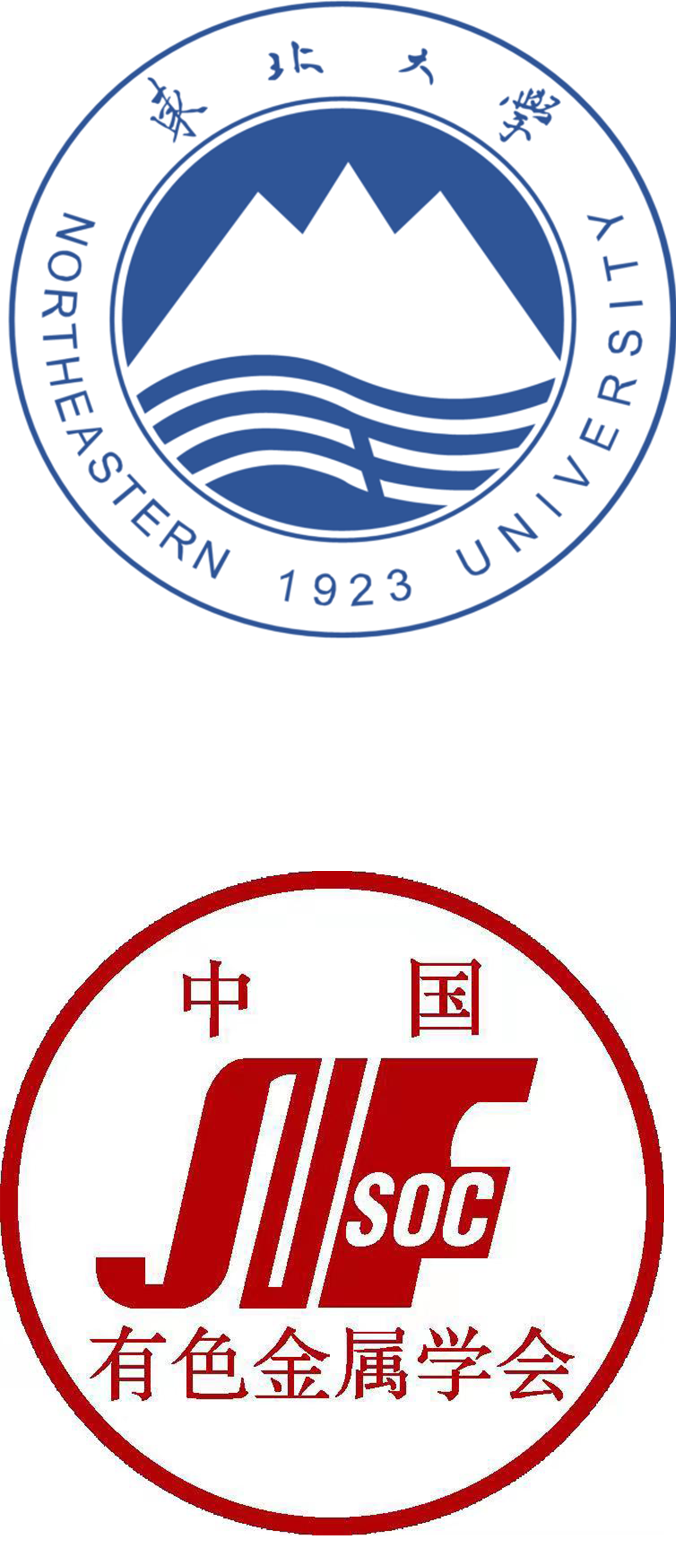Deep Resources Engineering
Deep Resources Engineering
Deep Resources Engineering is a gold open access, peer-reviewed journal dedicated to the rapid publication and global dissemination of the latest findings in the field of deep engineering. The journal...
Deep Resources Engineering is a gold open access, peer-reviewed journal dedicated to the rapid publication and global dissemination of the latest findings in the field of deep engineering. The journal bridges the gap between research scientists and engineers who work in diverse disciplines related to deep resources engineering. It also provides a forum for publishing high-quality papers that report cutting-edge research on the topic.
The journal mainly focuses on theories, methods, techniques, experiences and cases that are new in the field of deep resources engineering. Topics covered include, but are not limited to:
Deep Rock Mechanics: Rock and rockmass testing and instruments; Multi-field coupling process; Multi-phase flow; Dynamic and static rock mechanics; Novel numerical methods; Rupture dynamic response and transmission; Time-dependent behavior; Micromechanics and multi-scale methods; Inverse analysis and stochastic methods; Fractured and porous media; Rock fracturing; Cap rock integrity; Instability analysis; Parallel computing in rock mechanics; Intelligent and digital rock mechanics.
Deep Metal Mining: Mineral deposits and structural geology; Engineering geological analysis, deep environment and hydrogeology; Deep geophysical prospecting; Mining methods, enhanced continuous mining, mining design principles; Advanced rock drilling and excavation techniques, real-time monitoring, new blasting techniques; Stope excavation optimization, shafts stabilities, cavern excavation; Mining-induced seismicity; Mining equipment, robots and drones in mining, tunnel boring machine mining; Rock support design and methods, backfilling; Mining ventilation and cooling techniques; Intelligent mining technology, machine learning in modelling and application, mining simulation; Field testing and site investigation; Fluidized mining, bio-mining, green mining, sustainability and environmentalism.
Deep Energy Extraction and Storage: Oil and gas engineering; Hydraulic fracturing and fracture stimulation, induced seismicity and fault dislocation, reservoir simulation; Enhanced geothermal system, deep geothermal extraction, deep borehole; Renewable energy; Deep conductivity; Dual-porosity medium.
Deep Engineering Safety: Disaster investigation and assessment; Disaster mechanism and evolution; Disaster monitoring and early warning; Disaster prevention, mitigation and control; Human safety and health in extreme and hazardous environment; Engineering safety in protective engineering and radioactive waste repository; Codes and standards for deep engineering safety.

Society affiliation
Northeastern University (NEU) is situated in Shenyang, the central city of Northeastern China, and also has a campus in Qinhuangdao City, Hebei Province. Since its launch a century ago, NEU has formed a multi-disciplinary system that covers philosophy, economics, law, pedagogy, literature, science, engineering, management, art and other disciplines...
Northeastern University (NEU) is situated in Shenyang, the central city of Northeastern China, and also has a campus in Qinhuangdao City, Hebei Province. Since its launch a century ago, NEU has formed a multi-disciplinary system that covers philosophy, economics, law, pedagogy, literature, science, engineering, management, art and other disciplines. NEU is among the key universities listed in the Double First-Class University Plan, former 211 Project and 985 Project.
Opening to the world, NEU has established long-term academic cooperation with 219 universities and institutions in 36 countries and regions. To bring in more overseas talent from various disciplines, the university has set up four National Innovation Centers. In addition, more than 300 recognized overseas experts are invited to give lectures or participate in cooperative scientific research projects each year.
In 2020, the Academic Ranking of World Universities (ARWU) ranked NEU at 301-400th globally. The same rankings by subject placed NEU fourth in the world for Metallurgical Engineering, while Instrumental Science, Mining Engineering, Control Science and Engineering, and Computer Science and Engineering, were placed in the global top 100.
The Nonferrous Metals Society of China(NFSOC), founded on November 28, 1984, is a academic, scientific and non-profit social organization formed voluntarily by scientists and technicians of nonferrous metals related disciplines, enterprises and institutions. NFSOC is a first-level society led by China Association of Science and Technology (CAST), and its supporting unit is China Nonferrous Metals Industry Association (CNIA). NFSOC carries out commendation and reward, continuing education and training, and pays attention to personnel training and recommendation, such as the establishment of the China Non-ferrous Metals Industry Science & Technology Award, the organization of the Young Talents Promotion Project. NFSOC has applied to undertake the projects of various departments of CAST. NFSOC actively organized advanced seminars on mineral processing, metallurgy, materials, environmental protection and other research directions, and trained more than 1000 talents for enterprises and universities every year.
NFSOC carries out innovative projects to provide technical advisory services. NFSOC promotes the promotion and transformation of scientific and technological achievements to promote technological progress and technological docking of enterprises, and puts forward policy recommendations.
NFSOC is the main channel for contacts and academic exchanges in China's non-ferrous metal industry. It has established bilateral and multilateral exchanges and cooperative relations with more than 10 academic organizations in the United States, Russia, Canada, Germany, Japan and other countries. NFSOC has joined the International Copper Organizing Committee and the International Organizing Committee of lead and zinc at present.
Call for Papers
Underground Storage Engineering
Submission deadline: 31 December 2026
Hydraulic Rock Mechanics and Engineering: Recent Advances and Applications
Submission deadline: 31 May 2025
Special Issue on Deep Mining
Submission deadline: 30 Nov. 2025

 Qihu Qian
Qihu Qian
